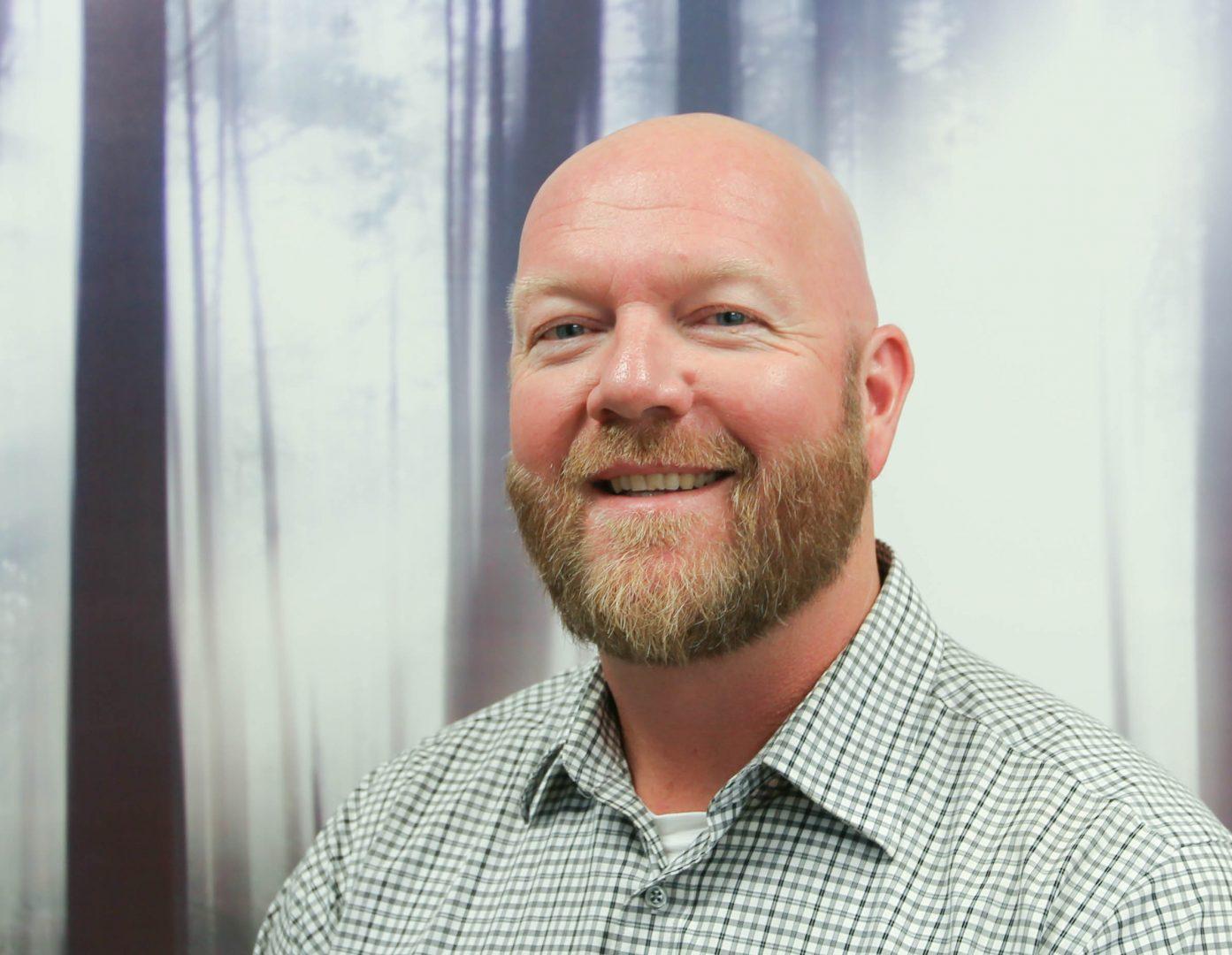Members of Project Rebound at Fresno State are looking forward to the benefits of Proposition 17, which will give formerly incarcerated individuals the ability to vote after completing their prison terms.
“This proposition provides more than the opportunity to exercise my right to vote. It supports the belief that a person can redeem themselves and that the community also believes in the restorative nature of rehabilitation,” said Travis Durbin, a graduate student in social work.
According to an unofficial tally from the California Secretary of State, 58.7% of voters supported Prop. 17.
Durbin is one of the 33 currently enrolled Project Rebound members, a program designed to assist formerly incarcerated students by offering support services and creating a community that helps them reintegrate into society through higher education.
This program allows these students to connect with others who share their experiences, which Durbin said assisted him in taking steps to work beyond the impact of his former criminal record.
For Steven Hensley, a junior double majoring in philosophy pre-law and political science, Project Rebound provided him the support he needed to navigate through education and pursue a future in law.

“While I was in prison, I received a flier about the program. It motivated me to pursue an education,” Hensley said. “Until receiving that flier, I didn’t even think it was possible for a convict to receive an education and have a normal future.”
Emma Hughes, executive director for Project Rebound, established the program at Fresno State to support students to achieve their academic goals. Hughes said the program works to help students feel involved with the campus community and beyond, preparing them to excel in their lives.
“The passage of Proposition 17 by such a clear margin shows Project Rebound students that the community is accepting of their voices in the political process,” Hughes said. “That is so significant in terms of validation and successful reentry into the community.”
However, many members of Project Rebound were initially concerned that Proposition 17 would not pass.
“Many students felt the proposition would be rejected, as society has traditionally blocked the voices of those convicted of felonies, regardless of the changes they made,” said Jennifer Leahy, program director for Project Rebound.
Responsible for the program’s administrative aspects, Leahy interacts with all Project Rebound members through enrollment and case management.
Leahy said the passing of the proposition provided many students hope for the future, validating their community involvement by the public.
“Now that the vote has been restored to them, it has confirmed that society has shifted towards acceptance of change and restorative justice,” Leahy said.
Returning voting rights to the formerly incarcerated is an action Hensley said will continue to motivate him to understand their rights in the system. If Proposition 17 had not passed, he emphasized that it would only deter those who wish to reintegrate into society.
“Individuals within the justice system need to be able to interact with the community in a productive way,” Hensley said. “Prohibiting these individuals from voting only furthers their own self-image of being criminals that will never be able to live a normal life.”
Those on state parole who are U.S. citizens, California residents and at least 18 years of age will be able to register to vote.
Although the proposition does not directly impact Hensley as he is no longer on parole, he said it would bring about significant justice reform changes.
“Parole is a transitional process, and the goal of this process is to ensure that the individual is properly and safely reintegrated as a member of society,” he said. “To reinforce the belief that the individual is able to be rehabilitated, it is imperative that they maintain their constitutional rights.”
Durbin said that the passing of Prop. 17 will benefit a generation of formerly incarcerated youth and young adults who were excluded from the voting process, expressing the excitement of the possibility of being able to vote with its approval.
“It is crucial that this group return to active involvement when they have proven to be productive members of their communities,” Durbin said. “We have experience and perspective that needs to be included in the process, and our voices should carry the same weight as any other.”




